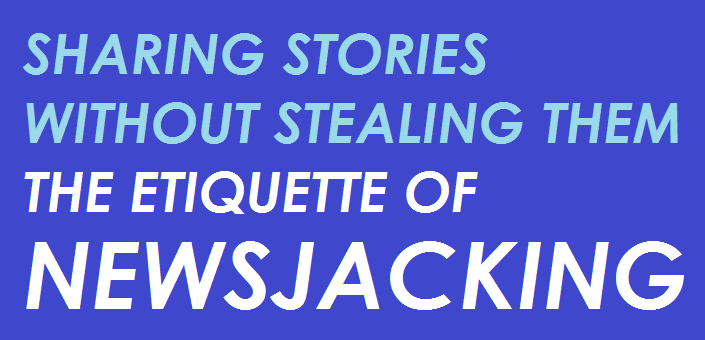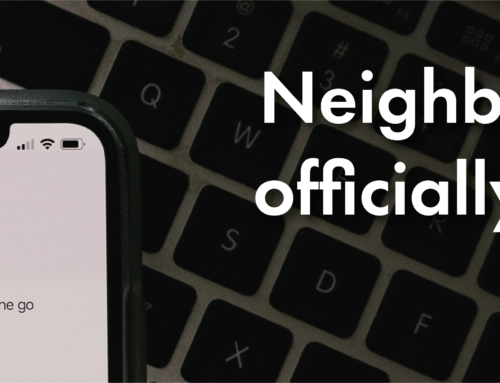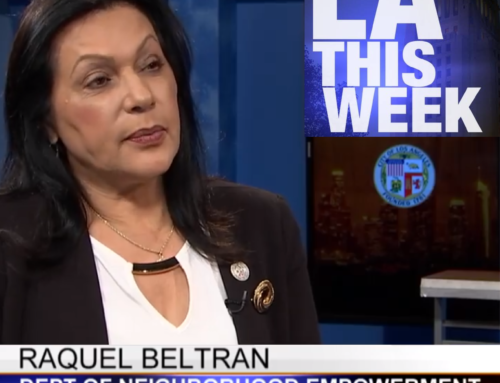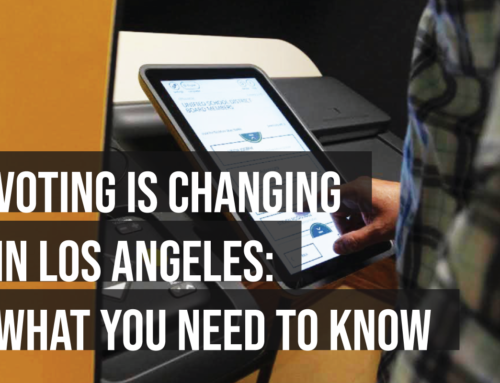Newsjacking, or reposting breaking news, can be a great way to provide valuable, timely information to stakeholders, when done correctly. Done incorrectly, though, newsjacking can look lazy or even be outright plagiarism. Learn how to newsjack effectively, and ethically.
Newsjacking is different from a simple repost, such as hitting the Share button on Facebook, or retweet button on Twitter. When you newsjack, you contribute to the breaking news story being told in some way. For example, rather than simply retweeting a press release from LA Sanitation, you talk about how their project impacts your local area, before sharing the press release link.
As a result, a well-played newsjacking has the ability to elevate your Neighborhood Council’s public visibility and position your board as an authority. You – and your version of a breaking news story – will draw some of the focus, as people learn about and search for that particular piece of news.
But this isn’t about tricking people; it’s about recognizing what’s of value to your stakeholders, and enriching the value this piece of news will have for them. To go back to the previous example with the Sanitation press release, it makes sense that your stakeholders would prefer to read your post of that story, if your post includes details like what local streets will be affected.
However, piggybacking onto a story that’s irrelevant to your board and stakeholders may come out seeming rude or even laughable. For some hilarious examples of inappropriate or irrelevant newsjacking, such as a tweet that tries to connect canned pasta to Pearl Harbor, check out this article (which also features some brilliant examples of newsjacking done right.)
Taking the time to talk about why a news story is meaningful to your community may also help you avoid plagiarism. A retweet or a Facebook share isn’t plagiarism, but copying and pasting someone else’s writing and photos into your own posts, newsletter or website could be plagiarism. Copying and pasting the content of an actual press release is totally acceptable, because they’re intended to be used that way. Copying and pasting an article from the local newspaper may be problematic, though, even if you cite them. Instead, if you were to mention the article and link to it, but then talk about why the content is relevant to your stakeholders, you’ll add to the value and interest that story has for your readers, and can also avoid potential issues.
To learn more about newsjacking, check out the website of the man who originated the term, David Meerman Scott (www.newsjacking.com). His site includes an excellent infographic on when to time your newsjacking during the life cycle of a news story, to achieve maximum effects.
Outreach Tip Of The Week is an ongoing series on using communications, branding, marketing, and public relations to build better relationships with your stakeholders. Send your outreach questions to annmarie@empowerla.org for the chance to be featured in a future Outreach Tip article.






